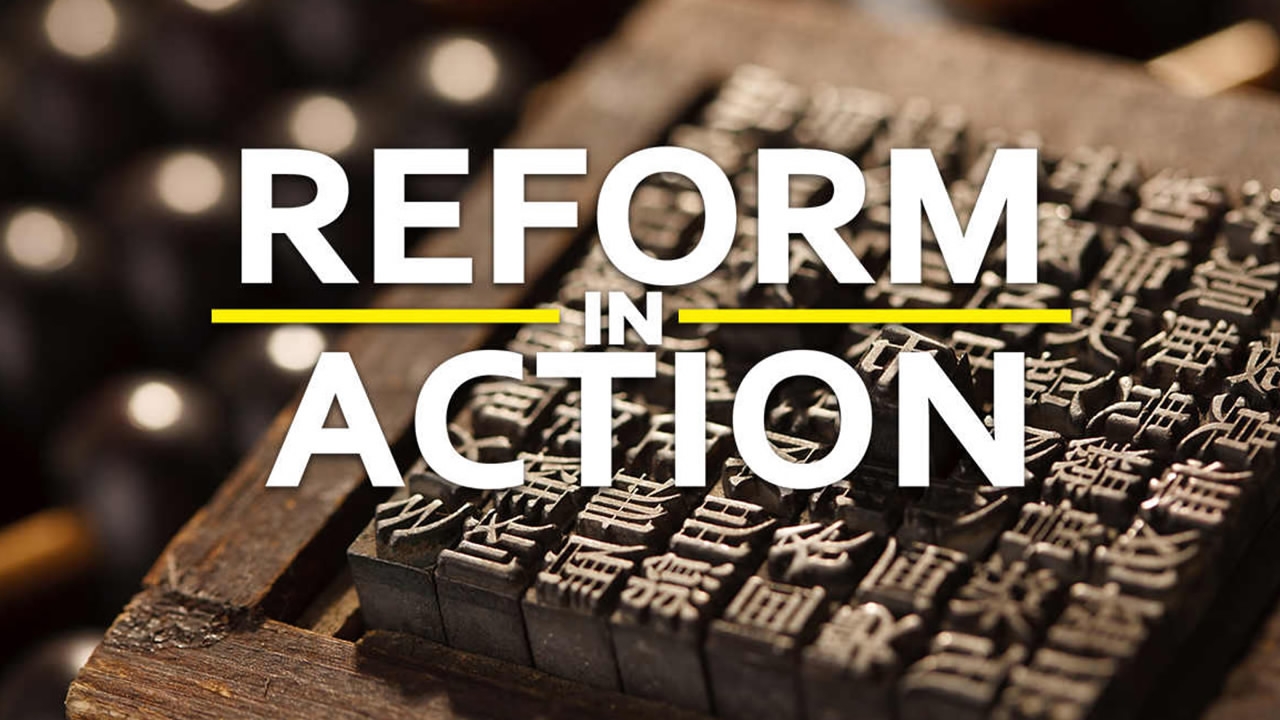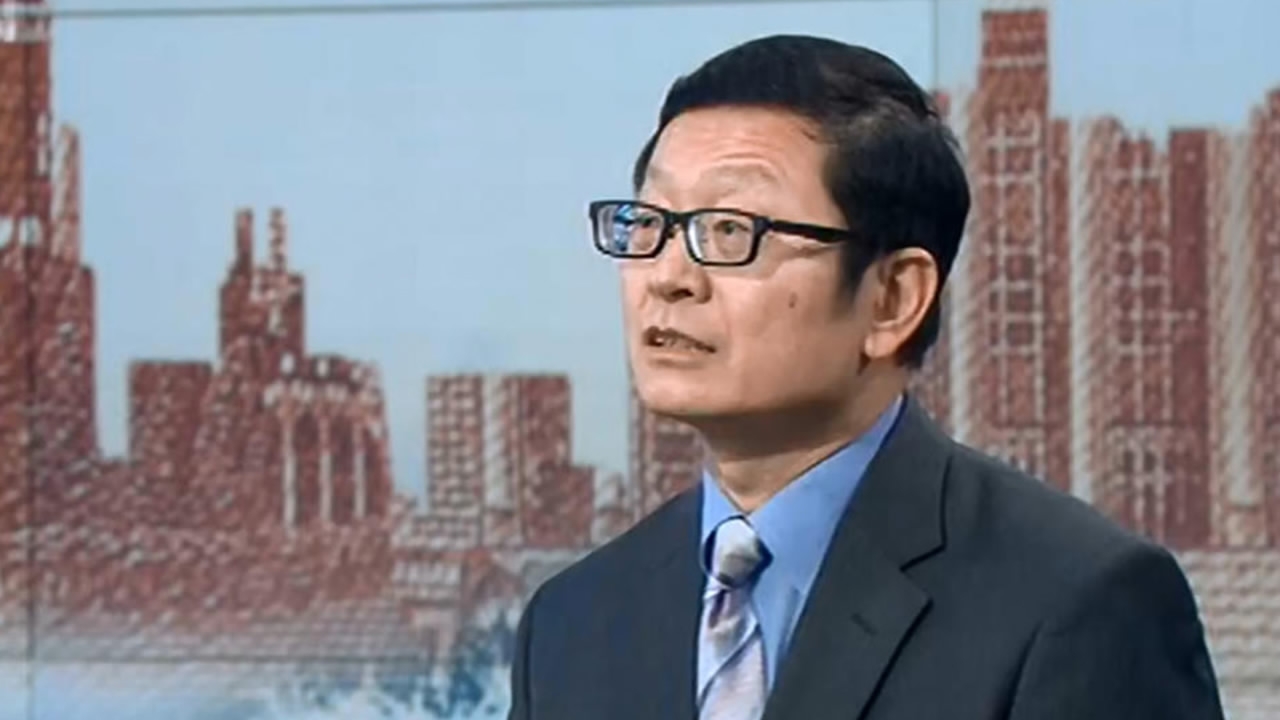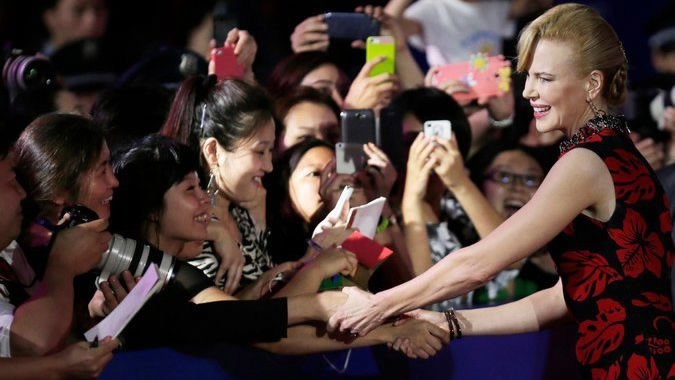
Business
22:21, 27-Oct-2017
Reform in Action: Cultural sector up for new reforms after Congress
CGTN’s Wang Yue and Liang Rui

The cultural industries have become a new engine of growth for China's economy.
General Secretary Xi Jinping said in the 19th CPC National Congress report presented this month that China will boost the development of its culture sector. He called for the arts to take an increasingly prominent role in the social and economic development of the nation.
In 2016, the sector's added value reached over three trillion yuan (450 billion US dollars) for the first time, based on figures from the the National Bureau of Statistics – a 13 percent increase on 2015 – and accounted for more than four percent of China's total GDP for the year.
But Wang Jianhui, general manager of the R&D Department at Capital Securities, predicted that the growth rate will lose steam in the next five years.

“I think the rate will decelerate from about 15 percent in these last five years to about eight to ten percent in the following half decade,” said Wang. “Soon quality will come over quantity.”
In the meantime, large amounts of capital are swarming into China's film and TV industry, vying for a slice of the pie, a frenzy that has triggered data cheating issues in recent years. Companies have resorted to buying audience ratings and clicks to rack up their figures in order to draw more cash.

The government is expected to play a stronger role in development of the creative industries. /Reuters photo.
The government is expected to play a stronger role in development of the creative industries. /Reuters photo.
More reforms are necessary for cultural market development, according to Wang. And the Chinese government is expected to strengthen supervision and guidance within the sector.
“According to the principle that will be guiding the next five years as disclosed during the CPC National Congress, the government will have a stronger role to play in the culture industry. This has long been expected by the market, as the media sector hasn’t been performing very well for several quarters,” Wang noted.
He continued, “If you want to pay more attention on profitability, you cannot expect the final products or services are indeed for the spiritual need for the moral standard. So I think this is why this year the Party stressed characteristics of public goods.”
The cultural industries are experiencing greater linkages with technology and finance. Now, almost all businesses in the domestic culture industry, including film, video game, media, entertainment, sports and cultural tourism, are likely to integrate with the Internet, technology and financing sectors with the aim of creating better consumption experiences for Chinese consumers.
But Wang said the “fever of integration” would be less in the future.
“We can still expect some kind of growth, even eight percent for a year is not bad," he told CGTN. "But I don’t see more bubble or high industry anymore. Because that this [cultural] industry is not an issue of technology or finance, it’s more about creativity and innovation.”
Reform in Action: Local governments to deal with de-capacity side effects
Reform in Action: China's economy riding the tide of globalization
Reform in Action: China’s financial sector toward openness and stability
Reform in Action: China’s tech innovation in the world economy
Reform in Action: Chinese success in easing poverty

SITEMAP
Copyright © 2018 CGTN. Beijing ICP prepared NO.16065310-3
Copyright © 2018 CGTN. Beijing ICP prepared NO.16065310-3